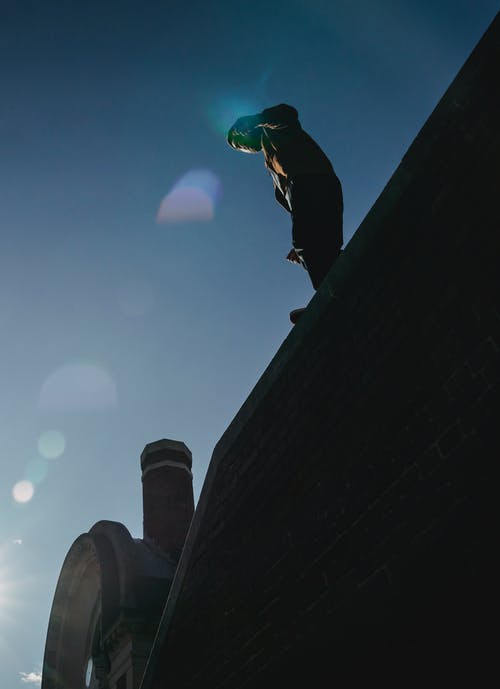Are police causing undo harm by posting suicide rescues?
As officers are trying to garner positive press in the aftermath of the outrage over police brutality, suicide rescues are being posted on their social media pages. However, mental health advocates are stepping in and suggesting these efforts may be more self-serving than anything else, not necessarily beneficial for the victims themselves. Many individuals likely do not want incidents will police involvement to be posted on the internet for all to see.
“It’s like we were living in this tragedy with them,” said Kevin Berthia, a mental health advocate. “Now how is that not creating trauma for anybody else? Who else is this triggering?”
Departments nationwide may upload videos of suicide rescues without the permission of the person in crisis, even though they’ve made efforts to conceal their identifies, and without consulting with mental health professionals to see what the potential repercussions might be. Instead of the focus being on the well-being of the person they’re assisting, the videos tend to depict officers in a position of power, enacting a ‘rescuer’ role for a victim unable to help themselves.

Debbie Plotnick, vice president for state and federal advocacy at Mental Health America, reviewed footage from across the U.S. “Yes, they helped get a person down and that is commendable,” she said, but added, “I’m not seeing that this has value in helping people’s mental health.”
Another concern that mental health experts have expressed is that the footage teaches others how and where to commit similar acts. For example, a recent video showed a woman in Los Angeles being talked down from a bridge. Jonathan Singer, president of the American Association of Suicidology said he felt after watching it, “Here’s a spot on the bridge where it literally took like six uniformed police officers to drag this person back over the side.” In other words, it was a difficult rescue.
The video, less than a minute in length, was posted to the department’s Facebook, Twitter and Instagram pages not even a month after the incident. “Great teamwork resulted in her receiving the help she needed,” the LAPD’s posts said, with a link to the National Suicide Prevention Lifeline’s website and, “Remember, you are never alone and there is always help.” The Lifeline is a national network of local crisis centers that provides free and confidential emotional support to people in crisis.
In Oklahoma City, an overpass video posted to the department’s Facebook page in May includes bodycam footage with responding officers. A man is shown being loaded into a police cruiser with the National Suicide Prevention Lifeline following on the screen. The Lifeline is a national network of local crisis centers that provides free and confidential support to people in crisis.
Master Sgt. Gary Knight, a spokesperson for the Oklahoma City Police Department, said of suicide rescues shared on the site, “The last thing we ever want to do is hinder somebody’s recovery when they’ve been in a state of crisis. We’re not out here to try to make somebody’s condition worse. That’s why we showed up in the first place – to try to help that person.”
Daniel Reidenberg, executive director of the Minnesota-based Suicide Awareness Voices of Education, said such social media posts may actually “deter viewers from calling 911, for fear they might also arrested.” He added, “It’s too complex of an issue to boil down into a video like that.”


Join the conversation!